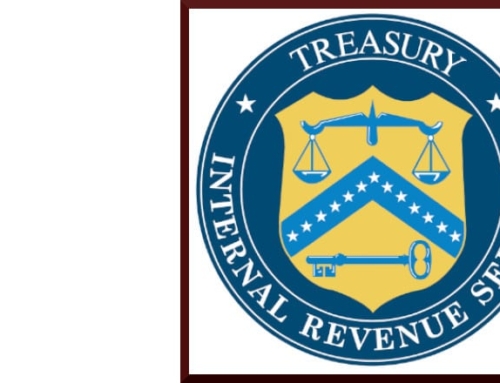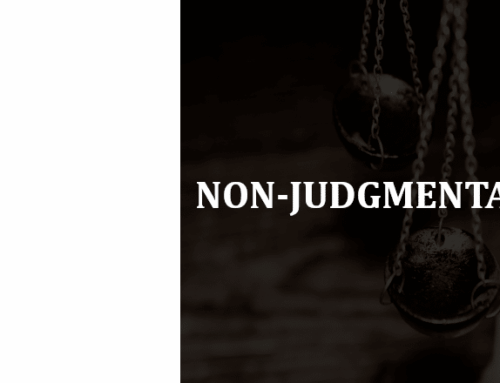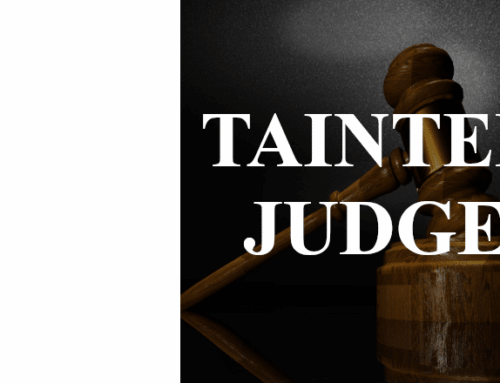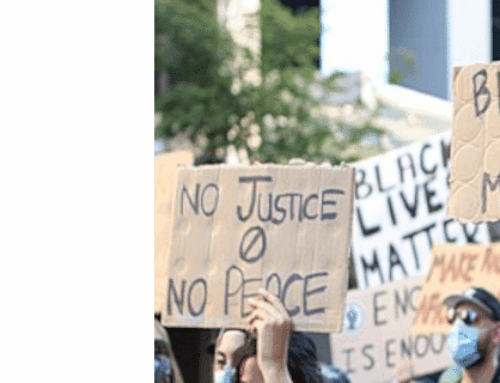The average Catholic in the pew has no idea what a synod is, never mind a Synod on Synodality, and they would be astonished to learn that this event is going on right now in Rome. If they were to read about it, they would likely concur with Pope Francis’ fear that it might be seen as “something abstruse, self-referential, excessively technical, of little interest to the general public.” Those fears are real.
For many of those members of the laity who are following this event, the synod is a source of great confusion. Five cardinals asked the pope over the summer to clarify some issues—asking him to answer a set of questions—are among those frustrated with current conditions. In July, the pope did not offer a “yes” or “no” answer to their concerns, preferring instead to offer a more nuanced response.
What the pope said in his reply to five central issues has not changed matters. After he begins his response with a straightforward summary of Church teachings, he uses words and terms such as “but,” “while it is true,” “yet,” “however,” and “on the other hand.” If it is true that what matters comes after the “but,” then the lack of clarity persists.
To take one example, most Catholics who follow the kinds of issues addressed by the cardinals believe that St. John Paul II “definitively” affirmed the impossibility of women priests. Indeed, the pope says just that in his reply. Then he undoes it. “On the other hand…a clear and authoritative doctrine has not yet been exhaustively developed about the exact nature of a ‘definitive statement.’ It is not a dogmatic definition, and yet it must be observed by all.”
So the ordination of women has been “definitively” decided, but what is definitive is not an “authoritative doctrine,” yet it “must be observed by all.” What’s that?
Then there is the issue of confession. Catholics have been told that in order to receive absolution for their sins, they must first repent. But the pope apparently rejects the explicit wording of the Catechism of the Catholic Church. He told seminarians in Barcelona, Spain that “we must forgive all.” In denying absolution to someone who is unrepentant, he said, “we become a vehicle for an evil, unjust, and moralist judgment.” Such priests, he added, are “delinquents.” He then reportedly dropped the F-word in describing these priests.
Instances like this are what provoked the five cardinals to ask whether “forgiveness is a human right.” The pope began his reply by repeating what the Catechism says, but then said that if the penitent has a “very wounded self-esteem, pleading guilty is a cruel torture.” He also said that the conditions that are generally applicable to confession do not apply if the person “is in a situation of agony.”
It is qualifications such as these that create confusion.
Clarity is important when it comes to rules governing professional sports. It is much more important when it comes to the teachings of the Catholic Church. If the Synod on Synodality ends a year from now having muddied Church teachings, it will “definitively” be declared a failure by millions of the faithful.









